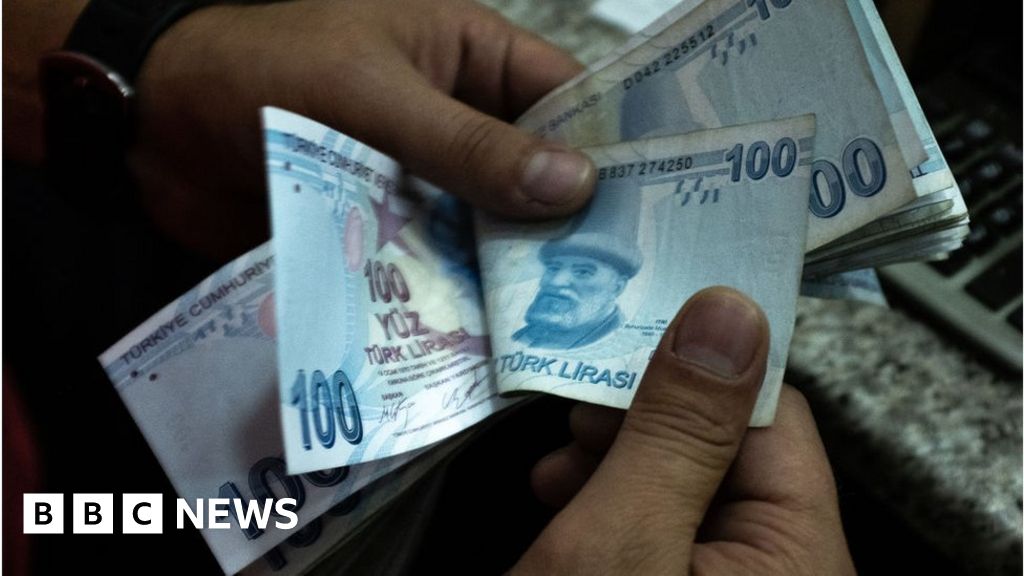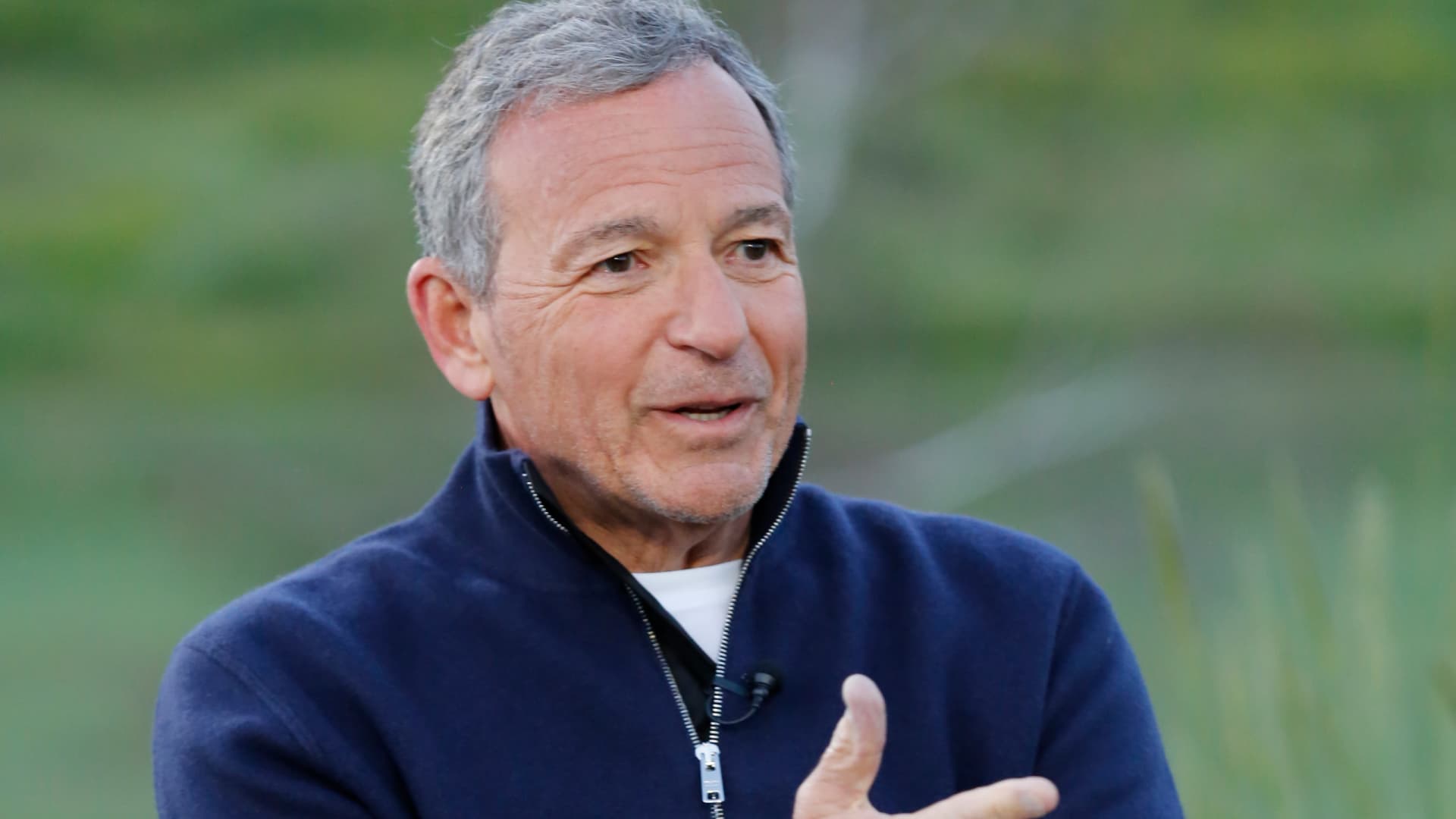Front-Runner Kerry Makes Big Wins In Five States
Kerry, 60 , won contests in Missouri, Arizona, New Mexico, North Dakota and Delaware, swelling last month’s haul of Iowa and New Hampshire and tightening his grip on the race to take on President George W. Bush in November, reported Agence France-Presse (AFP).
Kerry boasted Wednesday, February4 , that his victories on "Super Seven" day proved his appeal "from one coast to the other, from north to south."
Last month, Kerry continued to shake up all speculations by making a big win in the New Hampshire primary, dealing another setback to Howard Dean, the former Vermont governor who ran a highflying upstart campaign.
His come-from-behind win in the Iowa caucuses in January turned the2004 presidential race upside down.
The veteran Massachusetts legislator is now setting his political sights on caucuses in Michigan and Washington state, which come up for grabs on Saturday, February7 .
Although he had hoped to land a knockout blow, Kerry shrugged off his loss in South Carolina, where had did not campaign in the last days.
"I’m running a national campaign, and I’ve been in all the states," he said.
"I therefore haven’t been able to be everywhere much."
Other Hopefuls
Edwards coasted to a double-digit win in his native South Carolina, the first Democratic primary in the strategic South and a must win for the North Carolina legislator.
Clark kept his campaign on life-support, outpolling Edwards by just over1 ,000 votes in Oklahoma for the debut win of his young political career.
But Edwards said his win in South Carolina and strong showing in Oklahoma made him the only alternative to Kerry.
"It looks more and more like a two-person race," he told Fox News.
Speaking to cheering supporters, Edwards hailed his South Carolina win as "great political victory" and sought to draw a populist line between himself and Kerry, whom he has portrayed as a tired Washington hack.
But analysts said Edwards’ performance on Tuesday boosted his credentials as a potential vice-presidential running-mate.
They said the match-up would give the Democrats an ideal balance of Kerry, the northern liberal, and the southerner Edwards, who has so far refused to entertain the idea.
Clark, whose campaign had appeared to be faltering in recent days, savored his victory in Oklahoma.
"I just couldn’t be prouder of your support in this first election that I have ever won," ecstatic Clark told cheering supporters.
Edwards, Clark and fallen front-runner Dean hoped for enough support to keep the race open at least until "Super Tuesday" on March2 , when10 states, with more than a quarter of the4 , 322nominating delegates, are up for grabs.
Dean trailed badly in Tuesday’s races and admitted it had been "a tough night" but pledged to keep going.
Senator Joseph Lieberman — Al Gore’s running mate in 2000 — quit the race after a poor showing in all seven states.
The caucuses and primaries held in the 50 states will choose4 , 315delegates who will select the Democratic Party’s presidential contender at a national convention on July26 – 29in Boston.
Vulnerable Bush
The Democratic race gathered steam as Bush looked increasingly vulnerable.
A U.S.A Today/CNN/Gallup survey Monday, February2 , showed his popularity down 11 points in a month to below 50 percent for the first time in his presidency.
Approval of Bush’s handling of the Iraq war had plummeted from 61 percent to46 percent.
Satisfaction with his foreign policy dropped from 58 percent to 46 percent and approval of his economic management from 54 percent to 43 percent.
The poll gave Kerry a53 – 46percent edge over Bush in a head-to-head match-up.
Coming under strong pressure from Republicans and Democrats in Congress, Bush announced a probe into apparent flaws in Iraq prewar intelligence.
The move came days after the resignation of his top weapons expert in Iraq David Kay and the stunning acknowledgment made by his close aid and National Security Adviser Condoleezza Rice that were flaws in the Iraq intelligence.
After his resignation, Kay said he did not believe Iraq possessed any stockpiles of chemical or biological weapons.


